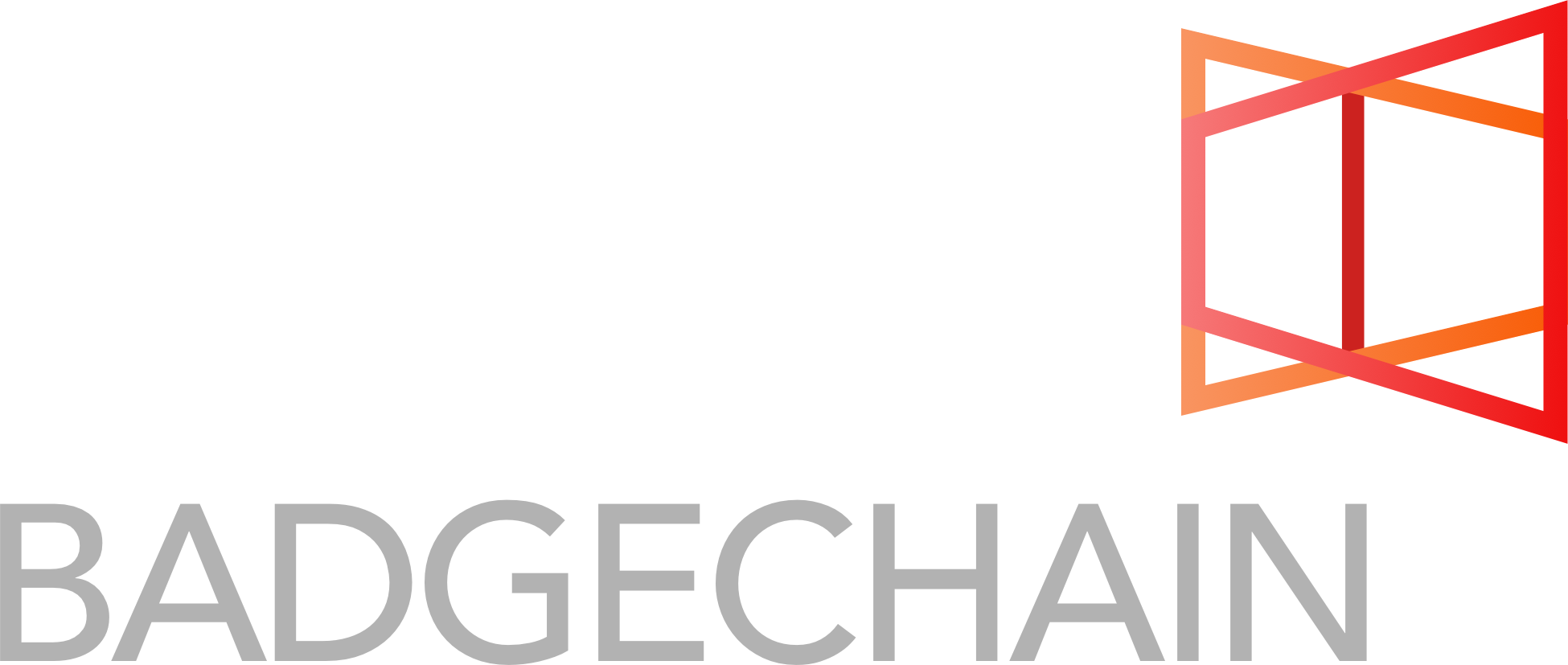In the third post, The Ideology of the Blockchain (for Education), Audrey Watters makes some sweeping statements:
“All digital technology is ideological. All education technology is ideological”
“Technologies, particularly the new computer and communications technologies of the twentieth century onward, help reinforce dominant ideology”
One problem with the word technology is that it both refers to a “collection of techniques, skills, methods and processes” and the technical objects, the artefacts where they are embedded.
From Wikipedia:
Technology is the collection of techniques, skills, methods and processes used in the production of goods or services or in the accomplishment of objectives, such as scientific investigation.
Ideology is a collection of doctrines or beliefs shared by members of a group. It can be described as a set of conscious and unconscious ideas which make up one’s beliefs, goals, expectations, and motivations.
For the clarity of this part of the rebuttal I will use “technical objects” to refer to artefacts and technology to refer to the “collection of techniques, skills, methods and processes.” With that being said, a blockchain is a technical object that, as any object, is subject of investigation and discourses, including ideological.
The problem with statements like “All digital technology is ideological. All education technology is ideological” is it can be applied to everything without adding an iota of understanding. Remove “digital” and you have “all technology is ideological.” Then remove “technology” and you have “Everything is ideological.” Well, so what?
The relationships between individuals, technical objects, technology and ideology are more complex and less univocal than implied by the initial statements. For example, for a philosopher like Jaques Ellul, regarding technology, instead of it being subservient to humanity, “human beings have to adapt to it, and accept total change.” For Ellul, it is the technology itself with its own impetus which is dehumanising:
“Not even the moral conversion of the technicians could make a difference. At best, they would cease to be good technicians. In the end, technique has only one principle, efficient ordering”
For Ellul, not only there is no need to make any reference to ideology to explain the negative impact of technology, but even the application of what we could call a “progressive ideology” could only result in technicians loosing their professionalism!
In an interview William Gibson (who coined “Cyberspace”) develops a reflection similar to that of Ellul:
“Technology invariably trumps ideology. And I am inclined to think that history increasingly suggests that human social change is more directly driven by technology than by ideology. I think we develop ideologies in an attempt to cope with technologies and that in fact we’ve been doing that all along. Technology is knowing how to grow, harvest and store cereals without which you can’t really do a city. Technology is knowing how to build efficient sewage infrastructure without which you can’t build a slightly larger city. So I think of technologies as the drivers and ideologies as an attempt to steer.”
From these two distant authors in time, space and culture, technologies, i.e. “the collection of techniques, skills, methods and processes used in the production of goods or services” have a life of their own.
Another important philosopher in relation to the dynamics of technologies is Gilbert Simondon who, as Wikipedia recalls is “a major source of inspiration for Gilles Deleuze and Bernard Stiegler.” Simondon’s theory of individual and collective individuation, states that the individual subject is considered as an effect of individuation, rather than as a cause. Thus the individual atom is replaced by the neverending process of individuation creating simultaneously both the individual and the collective. For Simondon, this process does not only apply to humans but also to technical objects, his main object of study — c.f. “Du mode d’existence des objets techniques”.His philosophy is at the opposite to that of Jacques Ellul as he sees in our understandingof the genesis of technical objects a means for dis-alienating our relationship with them.
Following Simondon, one possible reading of the emergence of the blockchain, as technical objects, could follow that given earlier to the Open Badges as the outcome of the individuation process of the ePortfolios (source). While the blockchain is first and foremost a database, what makes this database different from all the preceding databases is that it is autonomous (in fact, ubiquitous) and capable to interact with its environment as an individual autonomous subject. Although it is still a matter of discussion, this autonomy seems even reinforced with the possibility to include “smart contracts” the “methods [used] for restricting the transactions performed in a database” (source).
Now that we have established that blockchains are just a new form of database we should have the right to question the explanatory value of a category like the “ideology of blockchains” (sic). If there is such a think then there must be an “ ideology of databases” and may be a “MySQL ideology.” Was MySQL the product of an ideology?
I would be also very curious to know whether there is an “ideological” difference whether it is stored in a solid state disk, a hard drive or static ROM (Read Only Memory) or a live RAM (Random Access Memory). Is it where we should find the DNA of “Silicon Valley ideology” (sic)?
The next rebuttal will explore into more detail why the following sweeping statement does not provide more explanatory information that a mere tautology:
“Technologies, particularly the new computer and communications technologies of the twentieth century onward, help reinforce dominant ideology”
Originally published at www.learningfutures.eu on April 19, 2016.

Follow Us